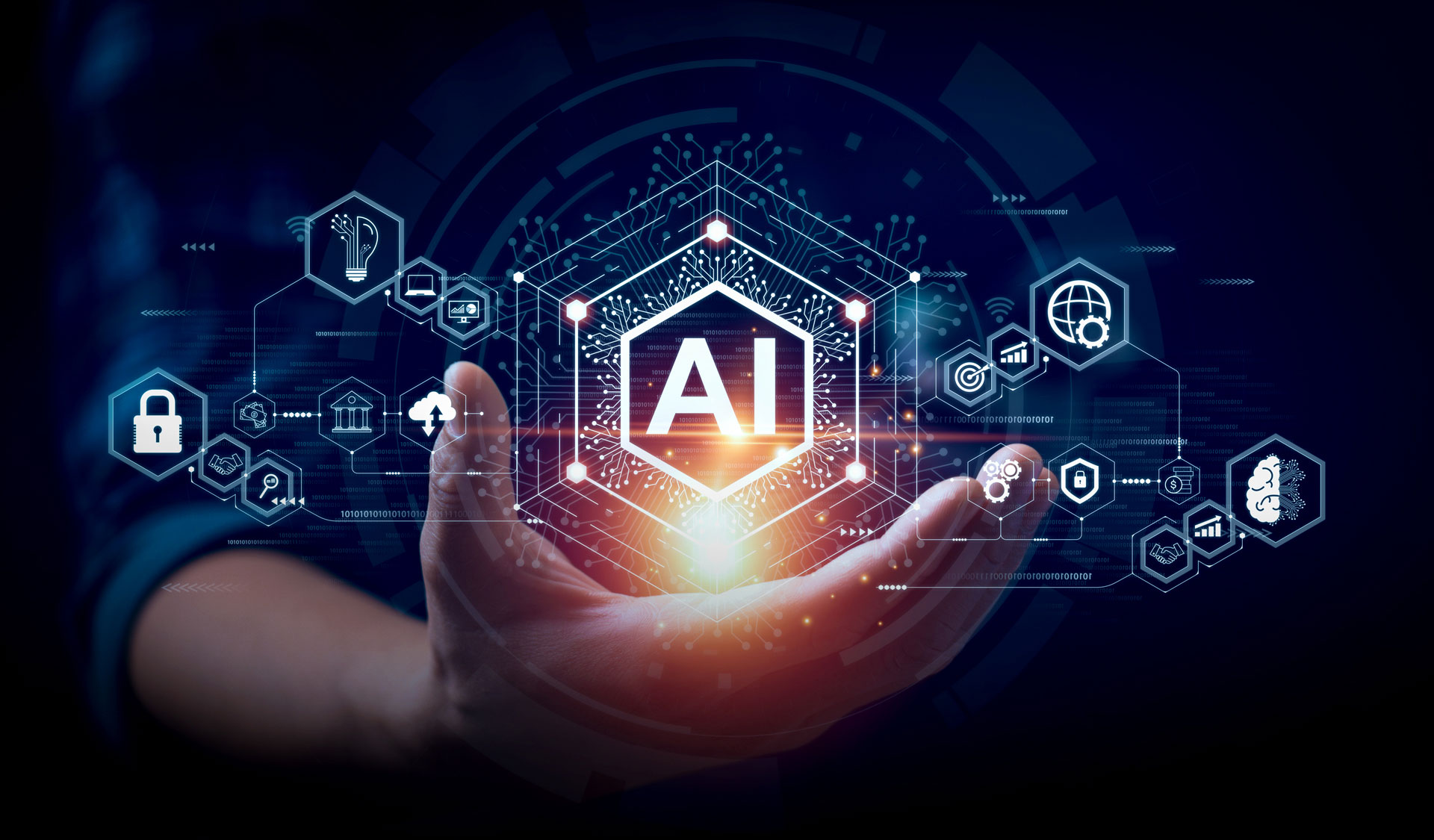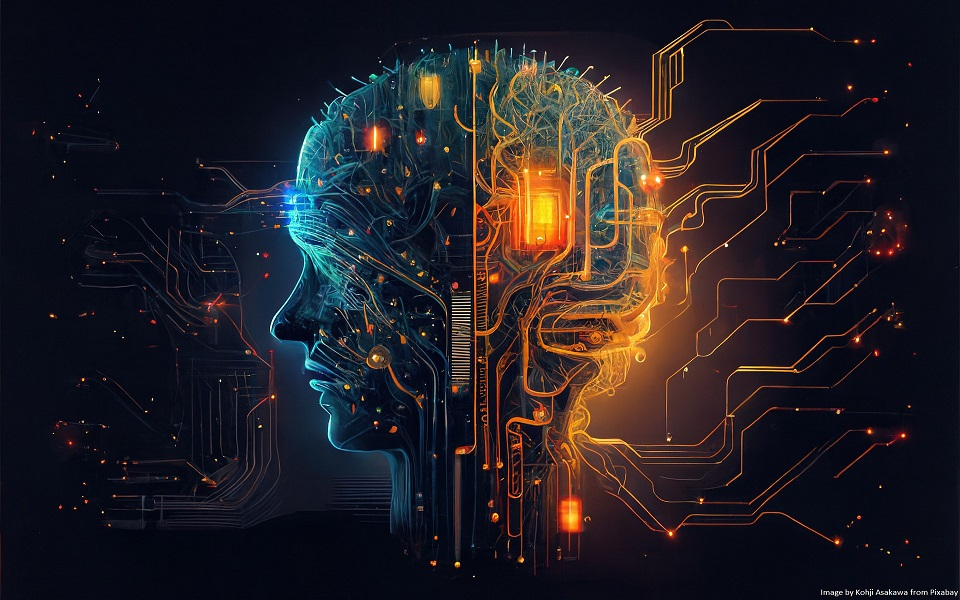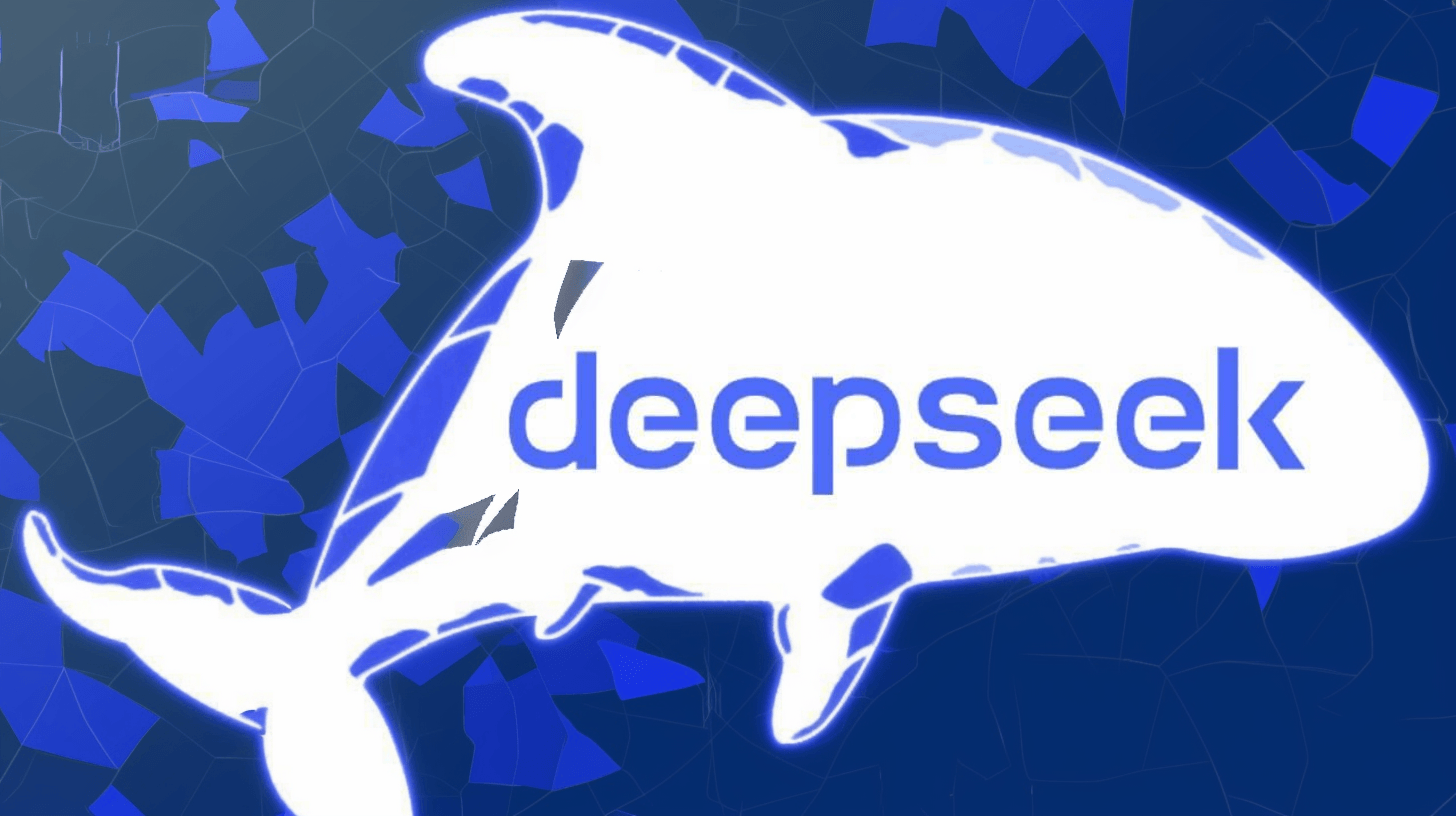pho[to]rum
Vous n'êtes pas identifié.
#1 2025-02-01 11:56:43
- PenelopeMi
- New member
- Lieu: Australia, South Brighton
- Date d'inscription: 2025-02-01
- Messages: 1
- Site web
AI is 'an Energy Hog,' but DeepSeek could Change That
How AI Works
Types of AI
Using AI
FAQs
Investing
Alternative Investments
What Is Expert System (AI)?
Gordon Scott has been an active financier and technical analyst or 20+ years. He is a Chartered Market Technician (CMT).
Investopedia/ Daniel Fishel
What Is Artificial Intelligence (AI)?
Expert system (AI) technology enables computers and machines to mimic human intelligence and analytical tasks. The perfect quality of artificial intelligence is its capability to justify and act to achieve a specific objective. AI research began in the 1950s and was utilized in the 1960s by the United States Department of Defense when it trained computers to imitate human reasoning.
A subset of expert system is maker learning (ML), a concept that computer programs can automatically gain from and adjust to new data without human support.
Key Takeaways
- Expert system technology allows computers and machines to imitate human intelligence and problem-solving abilities.
- Algorithms become part of the structure of artificial intelligence, where simple algorithms are utilized in basic applications, while more complex ones assist frame strong synthetic intelligence.
- Artificial intelligence innovation appears in computer systems that play chess, self-driving cars, and banking systems to spot fraudulent activity.
How Expert System (AI) Works
Artificial intelligence frequently evoked the execution of robots. As innovation developed, previous benchmarks that specify expert system became out-of-date. Technologies that enable Artificial Intelligence include:
- Computer vision makes it possible for computers to identify objects and people in photos and pictures.
- Natural language processing (NLP) permits computers to understand human language.
- Graphical processing systems are computer chips that help computers form graphics and images through mathematical calculations.
- The Internet of Things is the network of physical devices, vehicles, and other objects embedded with sensors, software application, and network connectivity, that gather and share data.
- Application shows permits two or more computer programs or elements to communicate with each other.
Algorithms typically play a part in the structure of synthetic intelligence, where easy algorithms are utilized in simple applications, while more intricate ones assist frame strong expert system.
Kinds Of Artificial Intelligence
Narrow AI: Also referred to as Weak AI, this system is designed to carry out one specific task. Weak AI systems consist of computer game like individual assistants like Amazon's Alexa and Apple's Siri. Users ask the assistant a concern, and it addresses it for you.
General AI: This type includes strong synthetic intelligence systems that continue the tasks considered to be human-like. They tend to be more complex and complex and can be discovered in applications like self-driving vehicles or healthcare facility operating rooms.
Super AI is a strictly theoretical kind of AI and has not yet been understood. Super AI would believe, factor, discover, and possess cognitive abilities that exceed those of people.
Using Artificial Intelligence
Expert system can be used to numerous sectors and industries, including the health care industry for suggesting drug dosages, recognizing treatments, and helping in surgeries in the operating space.
Other examples of makers with expert system consist of computer systems that play chess and self-driving cars. AI has applications in the monetary industry, where it spots and flags deceitful banking activity. Applications for AI can help improve and make trading simpler.
In 2022, AI got in the mainstream with applications of Generative Pre-Training Transformer. The most popular applications are OpenAI's DALL-E text-to-image tool and ChatGPT. According to a 2024 study by Deloitte, 79% of respondents who are leaders in the AI market, expect generative AI to change their organizations by 2027..webp)
What Is Reactive AI?
Reactive AI is a kind of Narrow AI that utilizes algorithms to optimize outputs based on a set of inputs. Chess-playing AIs, for example, are reactive systems that optimize the finest technique to win the game. Reactive AI tends to be fairly fixed, unable to discover or adjust to unique scenarios.
What Are the Concerns Surrounding the Use of AI?
Many are concerned with how synthetic intelligence may affect human employment. With lots of markets aiming to automate particular jobs with intelligent machinery, there is an issue that staff members would be pressed out of the labor force. Self-driving vehicles might remove the need for taxis and car-share programs, while manufacturers may easily change human labor with devices, making people's abilities obsolete.
How Is AI Used in Healthcare?
In health care settings, AI is used to assist in diagnostics. AI can recognize little abnormalities in scans to better triangulate diagnoses from a client's signs and vitals. AI can classify clients, maintain and track medical records, and deal with health insurance coverage claims.
The Bottom Line
Expert System (AI) is a progressing innovation that tries to mimic human intelligence utilizing machines. AI includes different subfields, including machine learning (ML) and deep learning, which enable systems to find out and adjust in novel methods from training information. It has vast applications across several markets, such as healthcare, finance, and transport. While AI provides considerable developments, it also raises ethical, privacy, and employment issues.
SAS. "Expert system."
OpenAI. "DALL · E: Creating Images from Text."
OpenAI. "Introducing ChatGPT."
Deloitte. "The State of Generative AI in the Enterprise: Q1 Report, January 2024." Page 7.
Feel free to surf to my weblog ... ai
Hors ligne